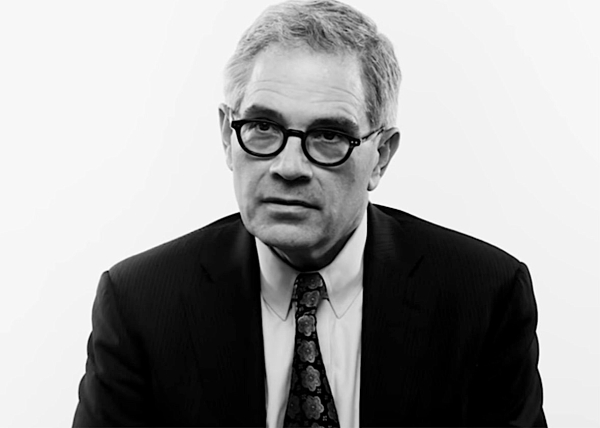IN JUSTICE TODAY: It didn’t take too much deliberation for the Philadelphia Inquirer to render its guilty verdict against District Attorney Larry Krasner after he took office on January 2: “the first days of Krasner’s administration,” the editorial board intoned nine days later, “seem more about imprudence than jurisprudence”
Zing. A rhyme. But what does it all mean? Well, Krasner swiftly ousted 31 prosecutors who packed up their desks along with others who had resigned on their own accord before he took office. Last year, Krasner, a career civil rights and defense attorney, rode a surge of grassroots organizing to a shocking win, promising to turn the Philadelphia District Attorney’s Office upside down and take concrete steps to end mass incarceration.
What’s surprising to me, first of all, is all the Inky’s surprise: What should be remarkable is that Krasner fired such a small number, judging the vast majority of people in an office of roughly three hundred prosecutors to be ready to head in a very different direction under his new leadership— a direction in which he plans to leaven the conventional pursuit of punishment with a more holistic conception of public safety and well-being.
The Inquirer’s editorial board, however, shrouded its opposition to the firings (which were actually pointed requests to resign) with criticism of the way in which they were orchestrated. Echoing reporting from the paper, they complained that “victims of crimes, witnesses and people accused, along with judges and defense attorneys, were left in a lurch in city courtrooms when prosecutors expected to play their part in our criminal justice system were suddenly yanked from those roles, with no replacements ready.”
At least two different stories in the paper highlighted a murder case that was delayed because veteran prosecutor Andrew Notaristefano was pushed out, with one story citing the emotional toll the delay caused for the victim’s family. No doubt: lengthy trials are painful for victims’ families, and the paper is right to tell their stories. But context is important and hard to find in the coverage: trials are delayed all the time, often at the request of prosecutors. It’s worth considering, then, why this one delay has dominated the paper’s coverage of Krasner’s extremely short tenure, and why stories about the many Philadelphians who have had their lives ripped apart by mass incarceration and police brutality— and what they might be hoping for from the new district attorney— have been absent.
The paper’s reporting— “Last week’s shakeup and the new appointments added to the impression— and in some corners, hope — that Krasner, a career civil rights lawyer, would drastically reshape the office and its priorities”— turns reality on its head, portraying their own reactionary position as the majority one prevailing in the city. In some corners? The paper has yet to accept that their position, which is also the position of the city’s criminal justice establishment, was thoroughly repudiated at the ballot box. MORE

